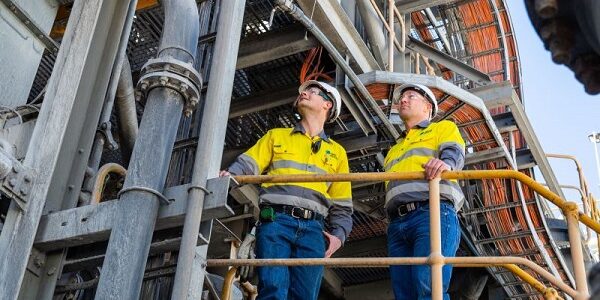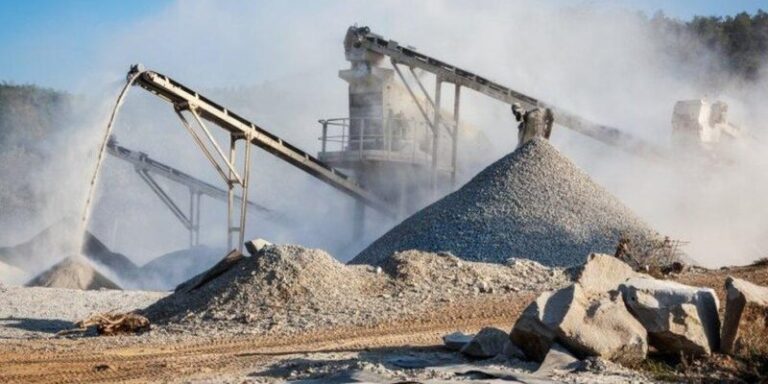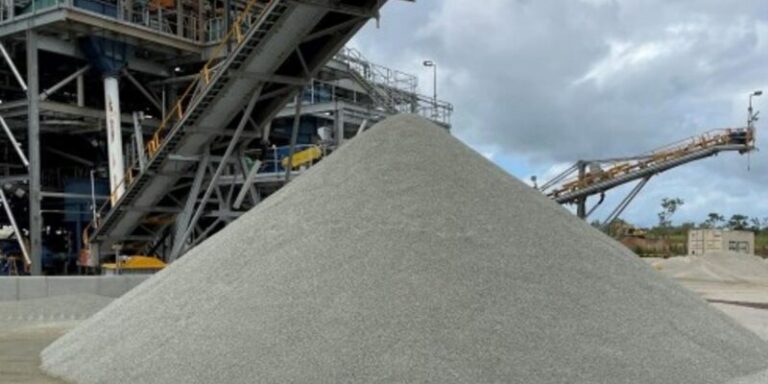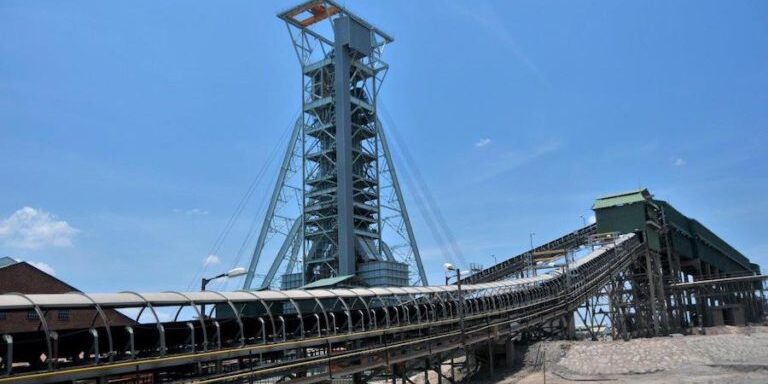
Australian lithium producer, Pilbara Minerals Limited and Australian environmental technology company Calix Limited will construct and operate a mid-stream demonstration plant in a joint venture.
The project aims to demonstrate the potential to reduce carbon emissions intensity for the hard-rock lithium supply chain via the creation of a high-purity lithium-rich chemical salt (lithium phosphate) using electric calcination that could be powered from renewable energy when available.
The project at full production capacity is estimated to produce more than 3,000 tonnes per year of lithium phosphate (Li3PO4).
Market engagement with participants in the battery and chemicals supply chain has encouraged the pursuit of the product and confirmed that it has strong potential to be an improved lithium feedstock for the lithium chemicals industry.
Life Cycle Assessment studies commissioned by Pilbara Minerals have calculated that when using 100% renewable electricity for electric calcination, the carbon emissions intensity of spodumene calcination can be reduced by more than 90% when compared to using coal as the primary source of thermal energy in rotary kiln calcination, and by more than 80% when compared to the use of natural gas.
The assessments conclude that successful implementation of electric calcination on-site at a spodumene mine and concentrator could materially reduce carbon emissions intensity associated with spodumene calcination by more than 3 kg CO2 eq. per kg LiOHᐧH2O when using renewable energy compared to using coal as the thermal energy source in rotary kiln calcination.





